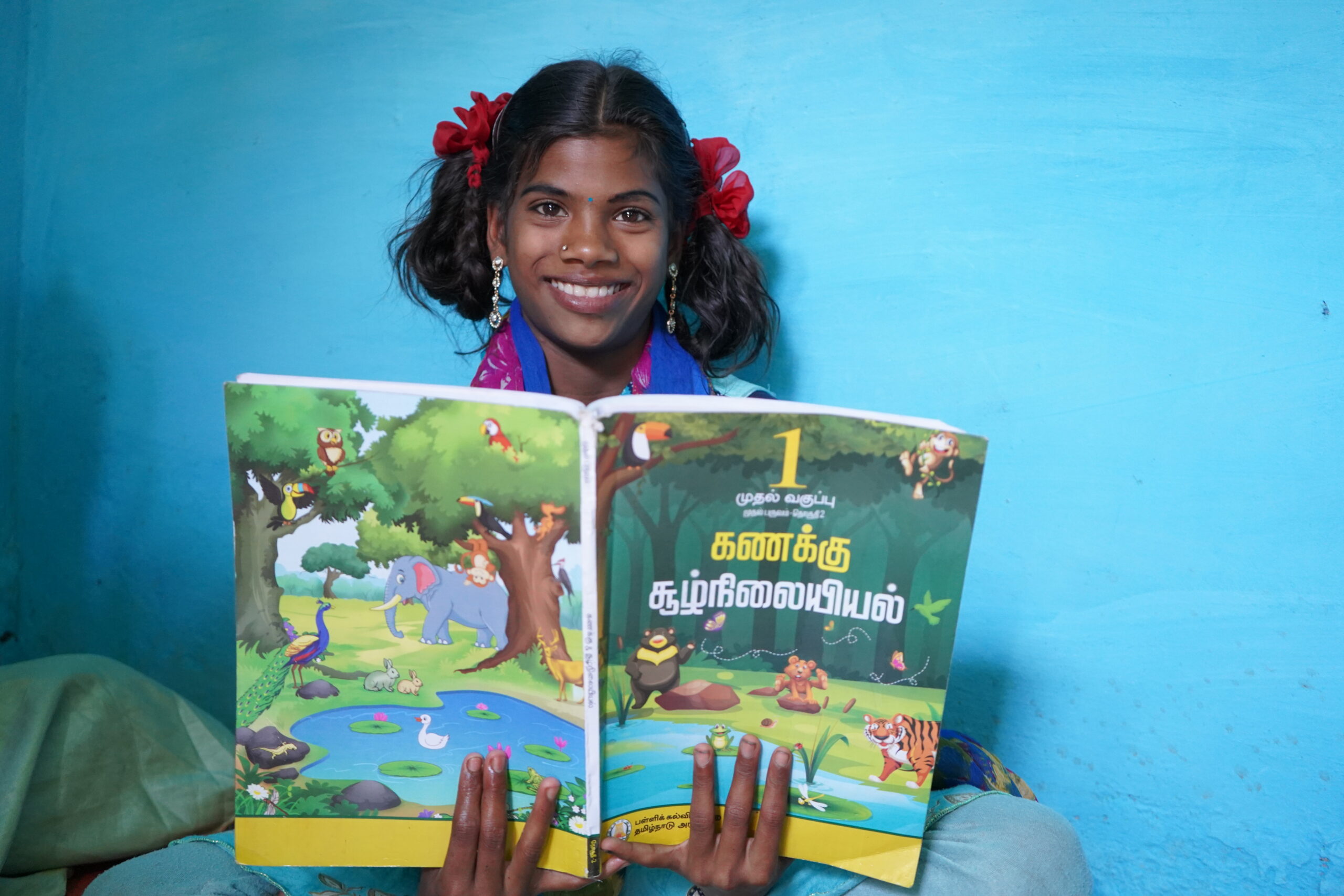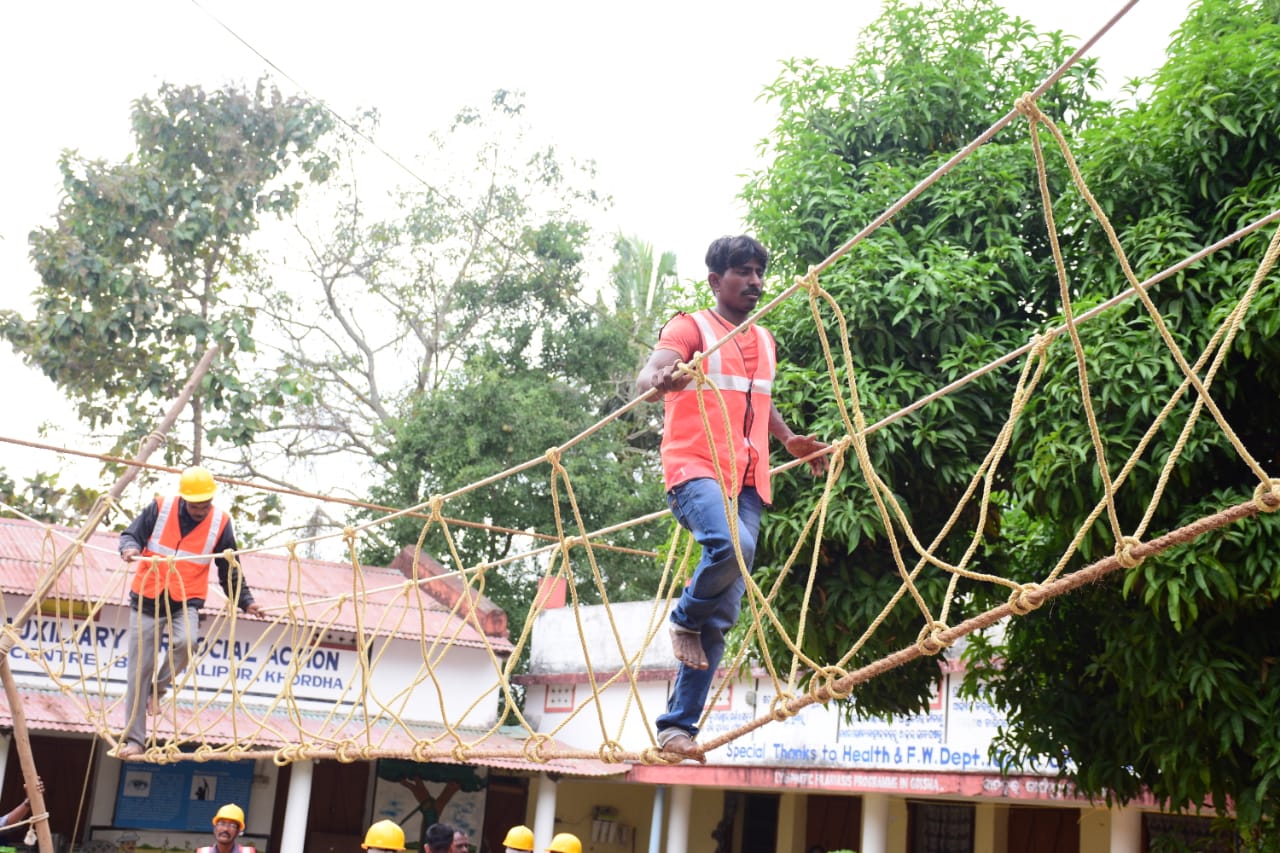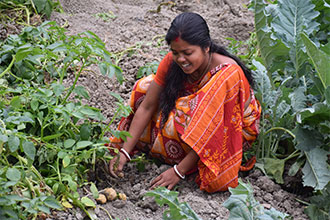CASA BLOGS

What are the ways for tax saving by donation to NGOs
In India, making charitable Donations for tax savings can help you save under Section 80G of the Income Tax Act, of 1961. This section allows for tax deductions on donations made to certain specified entities like charitable trusts, NGOs, religious organizations, and government relief funds.
The amount of tax deduction you can claim depends on the type of charity and the amount donated. For instance, donations made to certain government relief funds may be eligible for a 100% deduction while donations made to some NGOs may only qualify for a 50% deduction.
To claim tax deductions on donations, you must ensure that you have filed in form 10BD and downloaded a receipt or certificate that clearly indicates the amount donated and the registration number of the organization under Section 80G.
It’s worth noting that the total tax deduction claimed under Section 80G cannot exceed 10% of your gross total income. Additionally, donations for tax savings made in cash exceeding Rs. 2,000 are not eligible for tax deductions.
Overall, making charitable donations is a great way to support a good cause while also reducing your tax liability. However, it’s important to do your research and ensure that the organization you donate to is a genuine one and has a valid 80G registration.
Regenerate response
Tax saving by donation is a key aspect of financial planning for individuals and businesses alike. While there are many ways to save on taxes, one of the most effective methods is through donations to non-governmental organizations (NGOs). Not only does this enable taxpayers to support causes they believe in, but it also provides an avenue for them to claim tax deductions.
In this blog, we will explore the ways in which tax savings by donation can be achieved by donating to NGOs.
Deductions under Section 80G of the Income Tax Act
The most common and straightforward way to save on taxes through donations is by availing of deductions under Section 80G of the Income Tax Act, of 1961. This section allows for deductions of up to 50% or 100% of the donated amount, depending on the organization.
To be eligible for the deduction, the NGO must be registered with the Income Tax Department under Section 12A or 80G of the Income Tax Act. Donations made to political parties, religious institutions, and certain other entities are not eligible for deductions.
The exact percentage of the deduction depends on the type of NGO and the cause it supports. Donations to certain NGOs, such as those engaged in scientific research or rural development, may be eligible for a 100% deduction. On the other hand, donations to other NGOs may only be eligible for a 50% deduction.
It is important to keep in mind that the total deduction claimed under Section 80G cannot exceed 10% of the taxpayer’s gross total income. Therefore, taxpayers should ensure that they do not exceed this limit when making donations.
2. Corporate Social Responsibility (CSR) Activities
Another way of tax saving by donation is by engaging in corporate social responsibility (CSR) activities. Under the Companies Act, of 2013, companies are required to spend a certain percentage of their profits on CSR activities. These activities can include donations to NGOs, among other things.
Companies can claim tax deductions on the amount spent on CSR activities, up to a maximum of 10% of their net profits. The donations must be made to NGOs that are registered with the Income Tax Department under Section 12A or 80G of the Income Tax Act.
3. Donations to Swachh Bharat Kosh
The Swachh Bharat Kosh was set up by the Government of India in 2014 to support the Swachh Bharat Abhiyan, a nationwide campaign to clean up India’s streets, roads, and infrastructure. Tax saving by donations made to the Swachh Bharat Kosh is eligible for a 100% deduction under Section 80G of the Income Tax Act.
4. Donations to the Prime Minister’s National Relief Fund (PMNRF)
The PMNRF is a fund set up by the Government of India to provide financial assistance to individuals and organizations affected by natural calamities and other disasters. Donations made to the PMNRF are eligible for 100% deduction under Section 80G of the Income Tax Act.
5. Donations to other government funds
Apart from the Swachh Bharat Kosh and the PMNRF, there are several other government funds to which donations are eligible for tax deductions. These include the National Children’s Fund, the National Sports Fund, the National Cultural Fund, and the Clean Ganga Fund, among others.
Tax savings by Donations made to these funds are eligible for deductions under Section 80G of the Income Tax Act, subject to certain conditions.
In conclusion, donations to NGOs can be a powerful way to save on taxes while supporting causes that one believes in. By availing of deductions under Section 80G of the Income Tax Act, engaging in CSR activities, and donating to government funds, taxpayers can reduce their tax liabilities while contributing to the development of the country.
Tax saving by donations is a great way to contribute to society while also saving on your tax liability. Under Section 80G of the Income Tax Act, donations made to specified organizations are eligible for tax deductions. It’s important to ensure that the organization you donate to is genuine and has a valid 80G registration. Additionally, it’s important to keep proper documentation such as receipts and certificates to claim tax deductions. By making donations, you not only help the needy but also contribute to the betterment of society.
 Previous Blog Post Parashmani Devi – From a common woman to a community leader
Previous Blog Post Parashmani Devi – From a common woman to a community leader Importance to Donate for girl child education india
Importance to Donate for girl child education indiaFeatured Post

Empowering Rural Education in India:
14 Mar 2024
Introduction: In the vast tapestry of India, education is the key to unlocking the door to a brighter future. However, the challenge of providing quality education to the rural parts of the country persists. In this blog post, we will delve into the crucial role that Non-Governmental Organizations (NGOs) play in bridging the educational gap […]

Empowering the Future: Disaster Management Training for School Children in Disaster-Prone Areas
22 Feb 2024
Introduction: In the face of increasing natural disasters worldwide, it becomes imperative to equip our younger generation with the knowledge and skills necessary to handle emergency situations. Children, being one of the most vulnerable groups during disasters, can greatly benefit from disaster management training. This blog explores the significance of imparting such training, with a […]

Empowering Women: Transforming Lives Through Sustainable Livelihoods in Rural India
16 Feb 2024
Introduction: In the heart of rural India, a silent revolution is taking place as women embrace newfound opportunities for sustainable livelihoods. This transformation not only uplifts individual lives but also contributes to the overall development of communities. At [Your Organization’s Name], we are committed to driving positive change by providing women in rural India with […]



Leave a Reply
You must be logged in to post a comment.